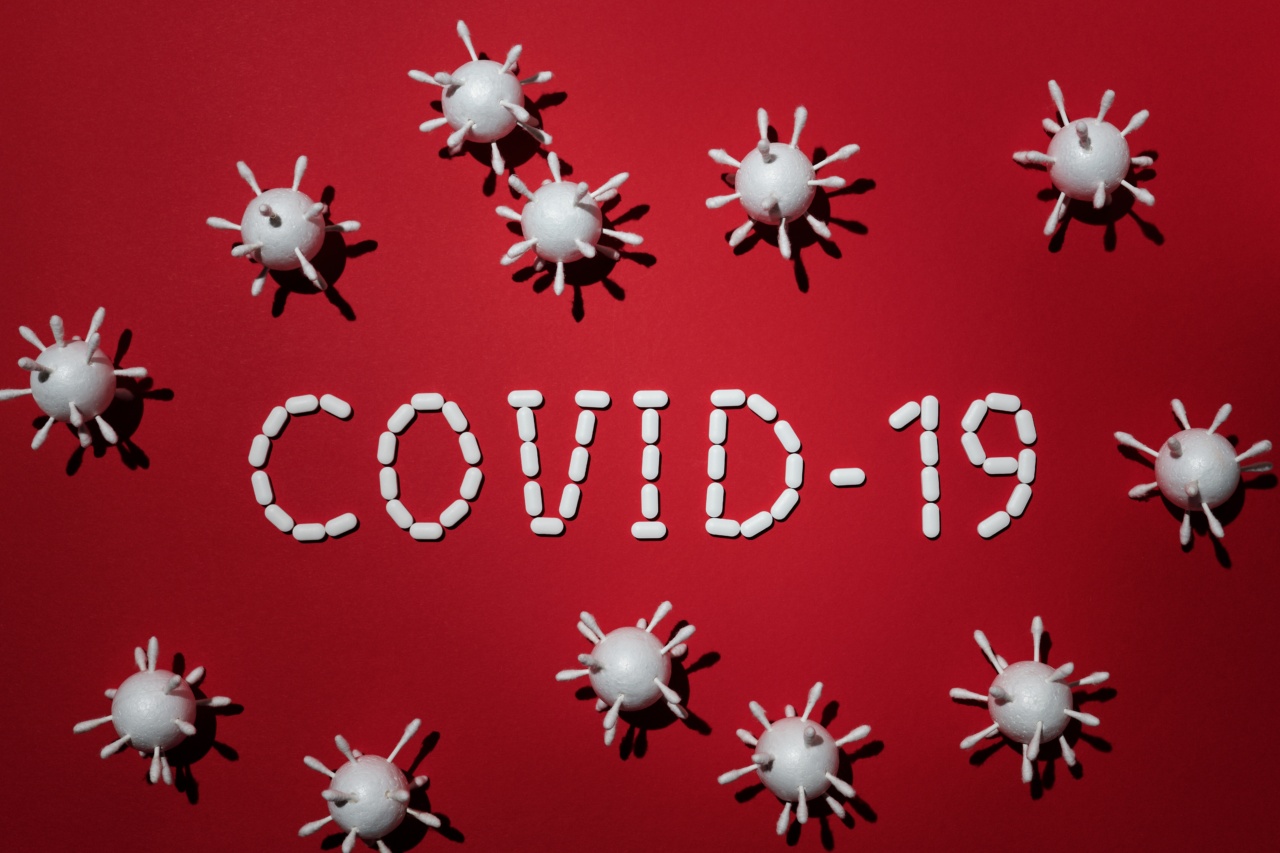Bacterial infections have long been implicated in various diseases, including cancer. Recent research has discovered a potential link between bacterial infections and pancreatic cancer, one of the deadliest forms of cancer.
The Role of Bacteria in Pancreatic Cancer Development
Pancreatic cancer is known for its low survival rate, largely due to late detection and limited treatment options.
While the exact causes of pancreatic cancer are not fully understood, several risk factors have been identified, including smoking, obesity, and genetic factors.
Recently, scientists have turned their attention to the potential role of bacterial infections in the development of pancreatic cancer.
Several studies have found evidence of bacterial presence in pancreatic tumor tissues, suggesting a possible association.
Bacterial Infections and Chronic Inflammation
Bacterial infections often trigger an immune response in the body, leading to inflammation.
When the immune response becomes chronic, it can lead to long-term inflammation, which has been linked to the development of various cancers, including pancreatic cancer.
Chronic inflammation in the pancreas can create an environment that promotes the growth and spread of cancer cells. It can also disrupt the normal functioning of the pancreas, affecting its role in digestion and hormone production.
Helicobacter pylori and Pancreatic Cancer
One particular bacterium that has drawn attention in relation to pancreatic cancer is Helicobacter pylori. This bacterium is primarily associated with gastric ulcers and is known to cause chronic inflammation in the stomach.
Recent studies have found a potential link between Helicobacter pylori infection and pancreatic cancer.
It is thought that the bacterium may travel from the stomach to the pancreas, causing chronic inflammation and potentially triggering the development of cancer cells.
However, further research is needed to fully understand the mechanisms behind this potential link, as well as the role of other bacterial infections in pancreatic cancer.
Bacterial Infections and Gut Microbiota
The gut microbiota is a collection of bacteria and other microorganisms that reside in the digestive tract. These microorganisms play a crucial role in maintaining the overall health of the body.
Studies have shown that alterations in the gut microbiota, such as an imbalance between beneficial and harmful bacteria, can contribute to the development of various diseases, including cancer.
Research suggests that certain bacterial infections can disrupt the balance of the gut microbiota, potentially impacting the risk of pancreatic cancer.
An imbalance in the gut microbiota may lead to chronic inflammation and other changes in the body that promote cancer growth.
Prevention and Treatment
While the exact relationship between bacterial infections and pancreatic cancer is still being explored, there are steps individuals can take to reduce their risk and improve outcomes.
Firstly, maintaining good overall health is essential. This includes adopting a healthy lifestyle, such as quitting smoking, maintaining a balanced diet, and engaging in regular physical activity.
These lifestyle choices can help reduce the risk of bacterial infections and chronic inflammation.
Additionally, individuals should practice good hygiene, such as washing hands regularly and avoiding close contact with individuals who have contagious illnesses.
For individuals already diagnosed with pancreatic cancer, treatment options may include surgery, chemotherapy, radiation therapy, and targeted therapy. The effectiveness of treatment varies depending on factors such as the stage and type of cancer.
It is important for individuals to work closely with their healthcare team to determine the most suitable treatment plan.
Conclusion
While the relationship between bacterial infections and pancreatic cancer is still being investigated, emerging research suggests a potential association.
Chronic inflammation caused by bacterial infections, such as Helicobacter pylori, may contribute to the development and progression of pancreatic cancer. Understanding this relationship can help improve prevention strategies, early detection, and treatment options for this devastating disease.





























